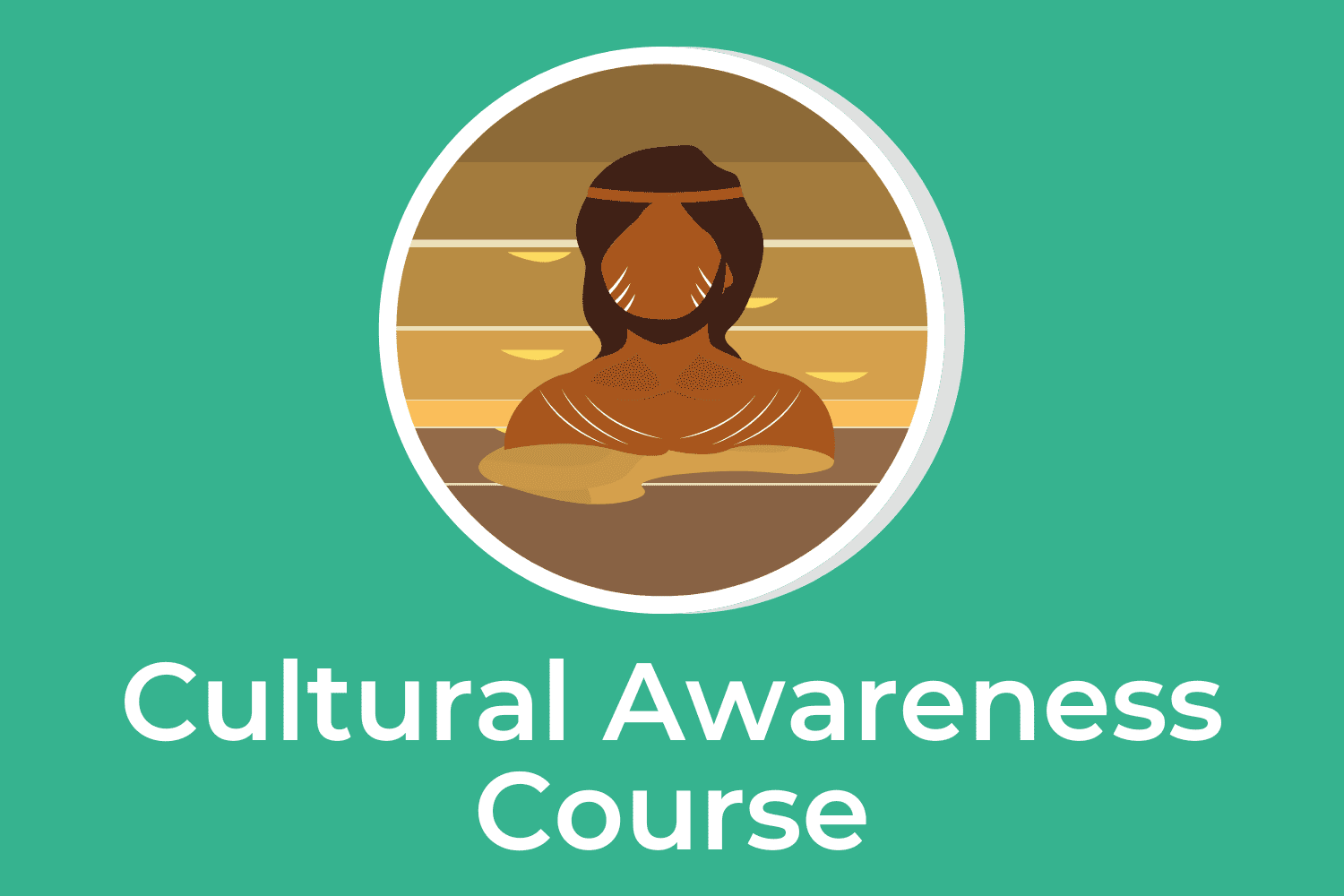Balance – Connection – Workplace
You have made it to the final subject of the program, Well done!
We are so grateful to have you here and hope you have learnt and refreshed your knowledge of Indigenous culture, but most importantly embrace that diversity within cultures is as important as diversity between cultures.
Within your workplace and community we can all respect the unique, culturally defined needs of various people.
While there is much diversity among Indigenous Peoples overall, Indigenous ethics resonate with the values of honour, trust, honesty, and humility; they reflect commitment to the collective and embody a respectful relationship with the land.
Indigenous peoples are the holders of unique languages, knowledge systems and beliefs and possess invaluable knowledge of practices for the sustainable management of natural resources.
They have a special relationship and use of their traditional land, the land that we are living on and working on, the land that provides so much for us, so in return we can embrace the Indigenous ways of life and find ways to connect, to create, to nourish, to balance and flourish as one.
Aboriginal and Torres Strait Islander culture is the oldest continuing culture in the world, something we must feel so proud to be a part of. A culture that is far from the western culture, and has proven to bring balance and peace – something we are all seeking.
We all belong to some form of culture and identify with that culture to varying degrees. Our understanding of our own cultural identity begins at birth and is developed by the environment in which we grow up. It may be a loose affiliation or the guide that directs our daily activities. Whatever the connection, our cultural identity provides a sense of belonging.
For Indigenous peoples, their culture is the essence of who they are, who they belong to, where they come from, and how they relate to one another. Culture is the accumulated teachings of ancestors. It is the basis of traditions, customs, protocols, values, spirituality, ceremonies, language, ways of knowing and being, and connections to the land and the life-sustaining resources of the land.
If living within one’s culture and being involved in the rituals associated with ceremonies and traditions is the essence of Indigenous identity health, and well-being, it can be argued that losing one’s culture or being disassociated from it can contribute to a breakdown of health and well-being.
Please complete your final quiz
